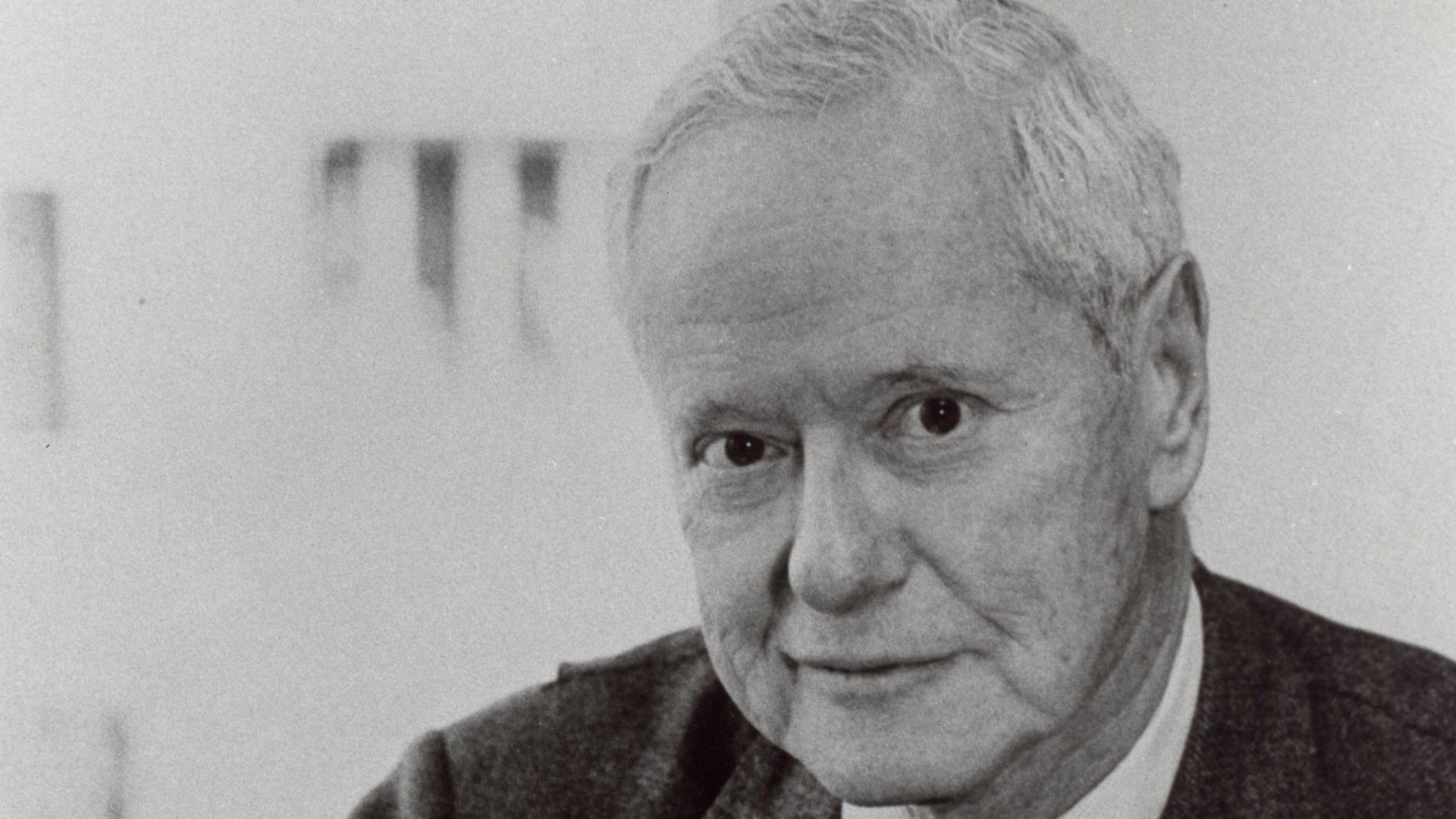Whereas research in Germany has focused mainly on how environmental burdens such as noise or air pollution affect health or well-being, little is known about the effects of environmental goods. Our study examines urban green spaces as one such environmental good, and asks how their usage affected life satisfaction during the coronavirus pandemic. Drawing on attention restoration and stress reduction theory as well as on theories of social integration, we further ask how different kinds of activities such as meeting friends or doing sports mediate the effects of green spaces on life satisfaction. Our empirical analysis builds on unique individual panel data for residents of Hannover and Braunschweig taken from interviews before and during the coronavirus pandemic. Using causal difference-in-difference models, our results reveal no robust effect of increased or decreased green space usage on life satisfaction. However, results depend on the … Refisch, Martin, Karin Kurz & Jörg Hartmann (2024): Urban Green Space Usage and Life Satisfaction During the Covid-19 Pandemic. In: Applied Research Quality Life (2024). https://doi.org/10.1007/s11482-024-10279-z The paper can be found here (ungated):
Here you will find a selection of the latest research from the field of analytical-empirical sociology and its neighbouring sciences. The contributions below have appeared in a variety of publishing formats.
 EN
EN 










